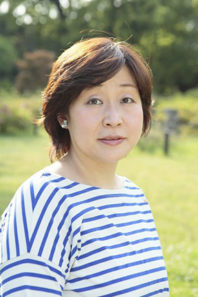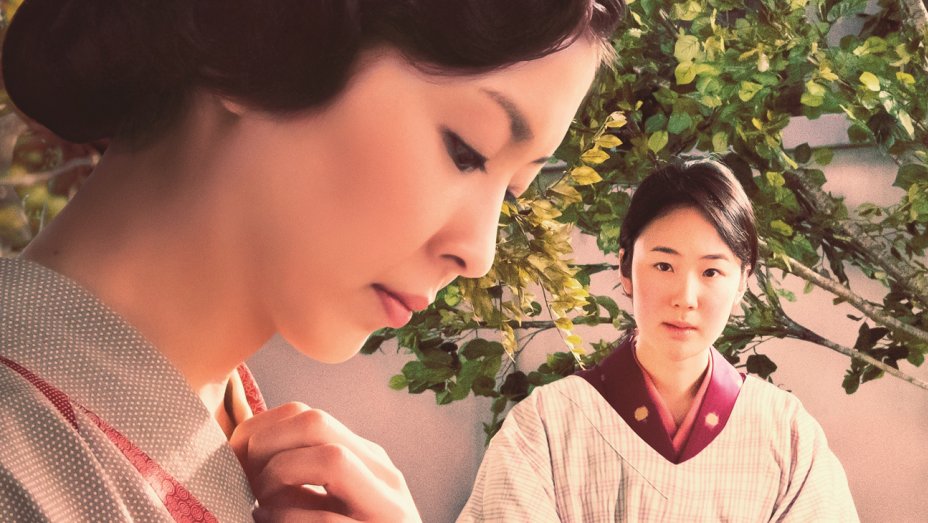
The words always come first…
The Toronto International Festival of Authors is running now until Nov. 4th at various venues across the city and it serves as the largest and longest running celebration of words and ideas now in its 40th edition.
While you are right to be curious as to why we are talking about a literary event it reminds us of the fact that without the words, we’d still be in the silent era of cinema. Thankfully they know that as well because tomorrow at the Innis Town Hall at 7PM there’s going to be a free screening of The Little House followed by a Q&A with author Kyoko Nakajima.
Set between the years 1931-1945, The Little House shows us Japan as it heads towards war and the very personal stories that are happening in the backdrop of it all. We see the doomed and illicit love affair between a married matron and her husband’s artistic colleague as observed and recalled by a servant girl years later.
It’s a rarely screened and fascinating little film from director Yoji Yamada that never got too much attention in North America, but audiences tomorrow will have the distinct pleasure of taking this one in the way it was meant to be seen.
In advance of Nakajima’s appearance here, we got the distinct pleasure to ask her a couple of questions via e-mail about her process, the necessity for smaller personal stories and so much more.
David Voigt: While general North American audiences can have a bit of a misconception when it comes to Japanese storytelling, The Little House really does evoke emotional stories that come out of this time frame that are both uniquely Japanese but also very universal across the world. What is it about telling a story like this that resonates with you on a personal level?
Kyoko Nakajima: I am flattered to learn that a narrative heavily grounded in Japanese history and customs also resonates with North American readers. While customs and cultures may differ, I believe that there is universal understanding when it comes to human emotions and behaviours derived from those emotions. It was one of the challenges for me to write a story set in a time period that I’ve never lived in, but I believe the fundamental quality of human emotions don’t change even across time. I was able to write this book by picturing how people 80 years ago would have felt, going through their daily lives.

DV: With the large scale event storytelling really taking up so much of the space in the popular discussion these days. How do you feel storytellers with smaller, yet incredibly important and personal ones like The Little House can continue to survive and hopefully thrive?
KN: I personally enjoy large scale event storytelling as well. Stories like Star Wars and Lord of the Rings are exciting and full of impact. But, if I were to only watch movies with large scale plots, I would soon find myself getting tired. It is like how you would get tired after eating only steak every single day. Japanese people would say “I’m craving Ochazuke (a simple Japanese dish – rice with green tea or broth).” For people in North America, I imagine they might say “A simple salad or soup will do,” depending on the day. You can find a different kind of satisfaction with soup dishes that have been stewed over time, full of healthy nutrients and flavours from vegetables and meat. Just like that, I believe small scale events and personal storytelling will never disappear from the world.
DV: In the process of writing does the idea that your work could be interpreted on the screen ever cross your mind?
KN: I never think about my work being interpreted on the screen while writing. A fellow writer once said, “You just can’t write a good story while wishing that it gets made into a movie. Besides, offers like that never come to me.”
You can get more information about The Little House screening right here or see Kyoko Nakajima at an in conversation with other noted authors right here. All in all this makes for a unique experience to see a rarely screened film and get a little insight from an author’s perspective when things get adapted for the big screen. For more information about any of the events during the Toronto International Festival of Authors you can visit there site right here.

